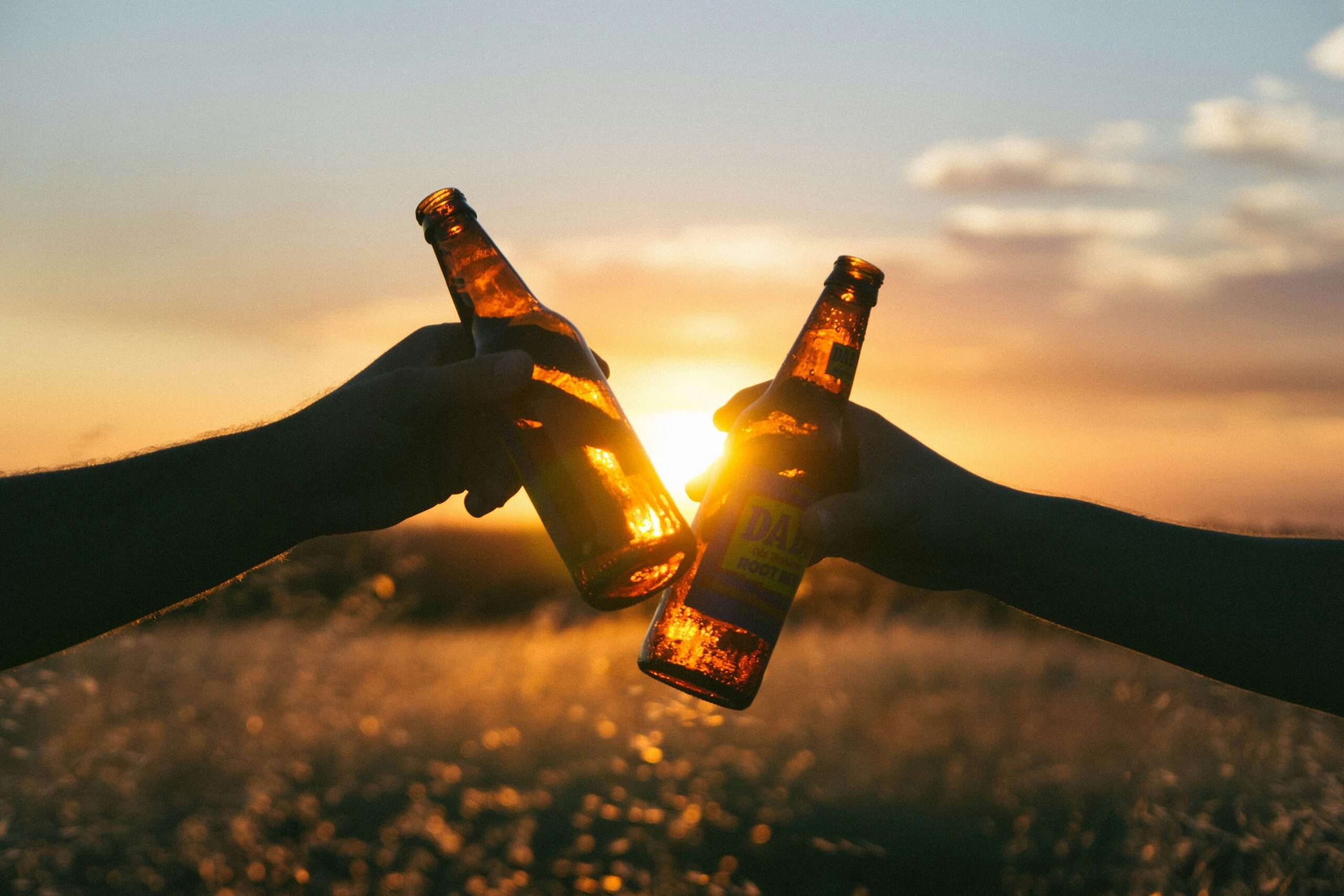The proposal to prevent children from consuming alcohol: Prohibit kids (and some adults) from purchasing beverages with zero alcohol content.
Admittedly, it doesn’t seem to make much sense.
However, Molly A. Bowdring, a clinical psychologist at Stanford, argues in a recent STAT article that nonalcoholic drinks designed to mimic beer or cocktails pose “a potential public health crisis.”
The market for zero-proof beverages includes brands like Athletic Brewing, which is the largest nonalcoholic beer brand, as well as an increasing variety of wine and spirits alternatives. While nonalcoholic beverages still represent a small portion of the overall beverage market, their growth in recent years has been remarkable, driven by consumers seeking to enjoy a drink without the effects of alcohol.
But Bowdring expresses concern for the well-being of children. She worries that “what may be beneficial for adults could be harmful to kids,” drawing parallels to the vaping and smoking debate.
After investigating alcohol regulations in all U.S. states, she was surprised to discover that nonalcoholic drinks are generally not subject to the same restrictions as their alcoholic counterparts. Quite a revelation.
Bowdring asserts, “Children and teenagers are legally allowed to purchase non-alcoholic beverages. This poses a significant risk,” as she believes that consuming these beverages could lead to alcohol use among youths, as they perceive them as trendy and adult-like.
However, the argument presented here is flawed on multiple levels. Primarily, prohibiting the sale of nonalcoholic drinks to individuals under 21, which includes many adults, is unlikely to alter the perception of the “drinking culture.” Moreover, it is not the government’s role to dictate what subcultures are appealing.
If there is a valid reason for the state to restrict alcohol sales, it should be based on the potential harm that alcohol consumption poses. Yet, children are already prohibited from purchasing or consuming alcohol—and those who opt for nonalcoholic beverages are not consuming alcohol in any form!
Ultimately, Bowdring’s concern is not about children developing alcohol-related issues but rather about their increased interest in drinking. Nevertheless, learning to drink responsibly, which may involve nonalcoholic beverages, is a vital aspect of adulthood.
This argument does not advocate for banning video games because some players may engage in harmful behavior. It is akin to advocating for a video game ban because some players might exceed the speed limit by a few miles per hour.





